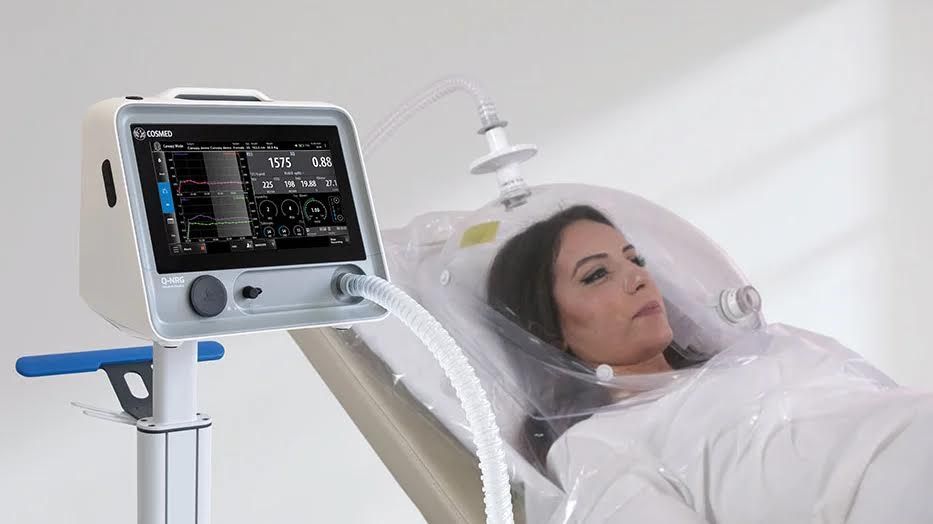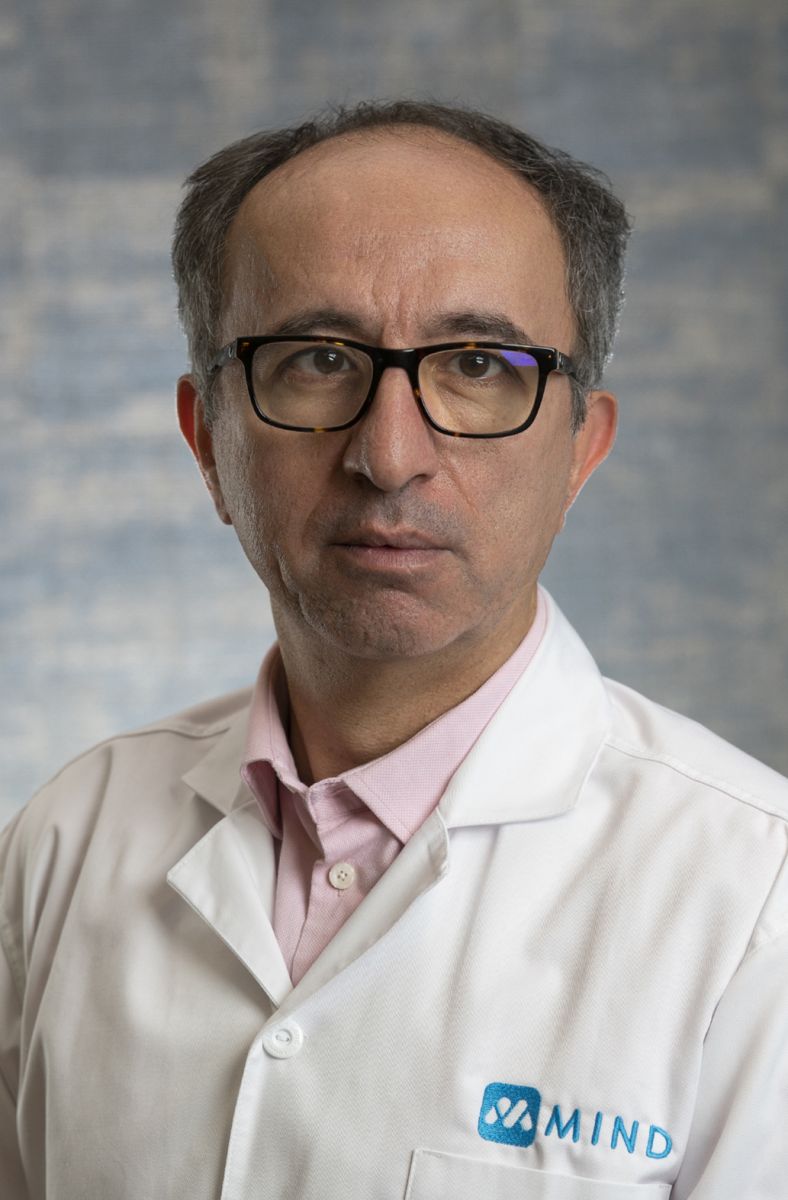At our clinic, we mainly provide complex care for type 2 diabetes patients. An essential part of diabetes care, as with the management of obesity, is a good lifestyle, which includes healthy eating guidelines and an emphasis on active leisure time exercise. A healthy lifestyle also helps to reduce body weight, and the indirect calorimetry available in our clinic can provide important information for this.
Type 2 diabetes develops mainly as a consequence of an unhealthy lifestyle, usually due to insulin resistance associated with obesity.
In addition to the choice of personalised drug therapy, modern diabetes care involves the combined management of other co-morbidities, mainly cardiovascular and renal.
A good long-term metabolic status helps to prevent both the so-called minor complications specific to diabetes (eye, kidney, nervous system) and the major complications (coronary artery disease, stroke or lower limb artery stenosis).
In order to achieve adequate blood glucose levels in the long term, we place great emphasis on continuous glucose sensor readings when designing a personalised drug therapy. These are part of the daily care at the MIND clinic.
It is now clear to us, based on the results of several international studies, that the progression of type 2 diabetes can be reversedand even normal glucose metabolism can be restored if weight is effectively reduced. As the success of this process depends on a number of factors, we will consult you in a personal consultation to assess the likelihood of achieving this in your case.
Sometimes, particularly in the case of long-standing diabetes, we can simplify the complex treatment regimen used, for example by switching back from multiple daily insulin therapy to once-daily or once-weekly injections of blood glucose-lowering medication. In this case, too, we need to consider several factors to assess the chances of success.
We also care for adult type 1 diabetics who are not on insulin pumps.
It is important to know that the disease can be prevented and even reversed!

